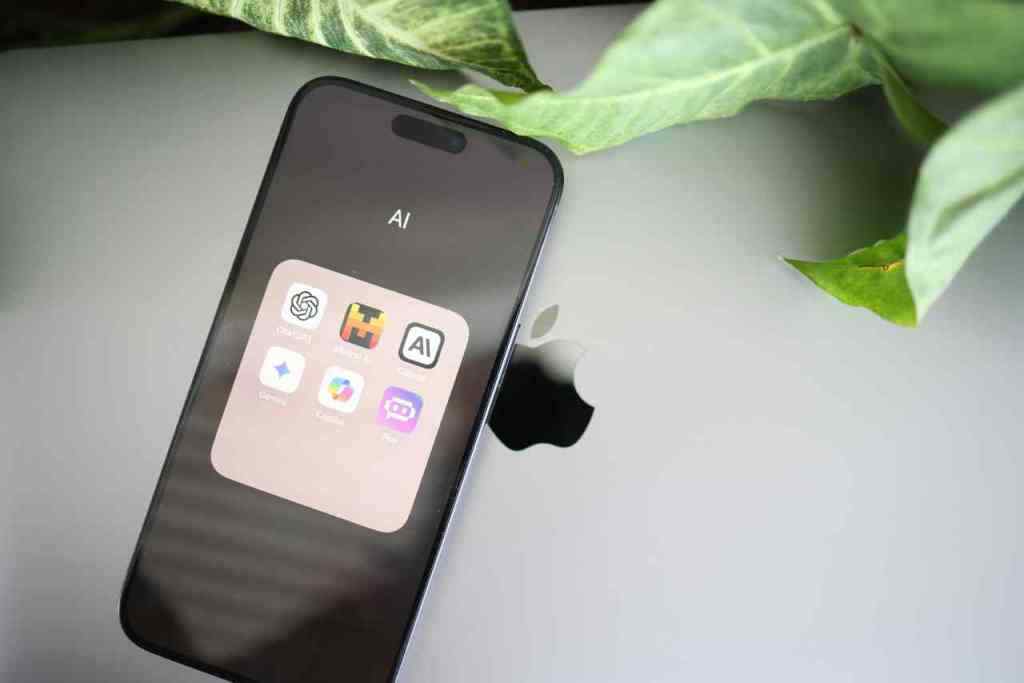Yanjun Gao Joins CU School of Medicine to Advance AI in Healthcare
The University of Colorado School of Medicine is thrilled to welcome Dr. Yanjun Gao to the Department of Biomedical Informatics as an assistant professor. A rising star in the world of computer science, Gao brings with her a passion for natural language processing (NLP) and artificial intelligence (AI) — and a vision for how those technologies can revolutionize healthcare.
Gao’s research centers on developing cutting-edge NLP technologies and AI tools specifically for clinical settings. Think of it like this: imagine a world where doctors can instantly access and understand vast amounts of patient data, leading to faster, more accurate diagnoses and personalized treatment plans. That’s the kind of future Gao is working towards.
And she’s stoked about the potential for collaboration at CU Anschutz Medical Campus. “The opportunities here are incredible,” Gao says. “I’m particularly excited about integrating different types of data — from electronic health records to medical imaging — to paint a more complete picture of a patient’s health.”
From China to Colorado: A Journey Fueled by Language and Logic
Born and raised in China, Gao’s journey to the forefront of AI in healthcare began with a fascination with language and its intersection with computer science. This led her to pursue her Ph.D. in Computer Science and Engineering at the renowned NLP Lab at Pennsylvania State University.
But it wasn’t just about algorithms and code for Gao. She wanted to see her research make a tangible difference in people’s lives. And that’s exactly what she did during her time as a postdoctoral research associate at the University of Wisconsin (UW) Madison.
A Pandemic’s Call to Action
Like many of us, Gao’s life was deeply impacted by the COVID-nineteen pandemic. But for her, it wasn’t just a time of uncertainty — it was a call to action. Witnessing the pandemic’s devastating effects on healthcare systems worldwide, Gao felt an even stronger urge to use her skills in AI and NLP to make a real difference.
It was during this time that Gao’s work took on a new sense of urgency. Working in a UW critical care unit data science lab, she saw firsthand the challenges faced by frontline healthcare workers. The experience solidified her commitment to leveraging technology to ease their burden and, ultimately, improve patient outcomes.
Funding the Future: Gao’s Quest for Diagnostic Accuracy
Gao’s groundbreaking work hasn’t gone unnoticed. She was recently awarded a prestigious four-year, $874,800 National Library of Medicine K99/R00 Pathway to Independence Award. This significant funding will fuel her research into developing and evaluating large language models (LLMs) — think of them as super-powered AI systems trained on massive datasets of text and code — with the goal of achieving nothing less than improved diagnostic accuracy.
Imagine a world where AI can analyze a patient’s medical history, lab results, and even their own words to identify potential health issues before they become critical. That’s the kind of game-changing impact Gao’s research could have.
LARK Lab Takes Flight: Revolutionizing Healthcare at CU
Gao isn’t just bringing her expertise to CU — she’s building something extraordinary. Get ready for the Language, Reasoning, and Knowledge (LARK) Lab, a hub of innovation where Gao and her team will be laser-focused on developing practical AI tools to tackle some of the biggest challenges in healthcare.
Year One: Laying the Foundation for a Smarter Future
The LARK Lab is hitting the ground running. In its inaugural year, Gao and her team have their sights set on two major goals:
- Neurosymbolic AI for Everyone: Gao’s team is diving headfirst into the world of neurosymbolic AI, developing approaches to build scalable and explainable knowledge bases. In simpler terms, they’re creating AI systems that can not only process information like a boss but also explain their reasoning – a crucial step towards building trust in AI-powered healthcare. And the best part? These systems won’t need massive computing power, making them accessible to a wider range of healthcare providers.
- Unmasking Uncertainty: LLMs are powerful, but even they can be uncertain. Gao’s team is working on enhancing LLMs so they can better estimate medical uncertainty from the often-messy world of electronic health record data. This means doctors will have a clearer picture of potential risks and benefits, leading to more informed decisions and, ultimately, better patient care.
A Future Brimming with Potential
Gao’s arrival at CU marks an exciting new chapter in the quest to harness the power of AI for good. With her infectious enthusiasm, unwavering dedication, and the cutting-edge research happening at the LARK Lab, one thing is clear: the future of healthcare is looking brighter than ever.
As Gao puts it, “I’m incredibly optimistic about the potential for NLP and AI to transform healthcare. And I can’t wait to collaborate with the amazing minds at CU to make a real difference in people’s lives.”
